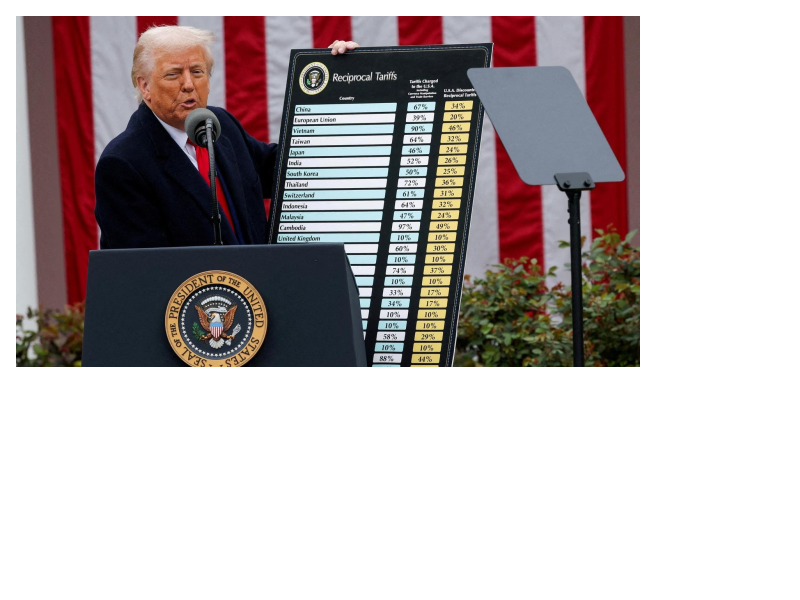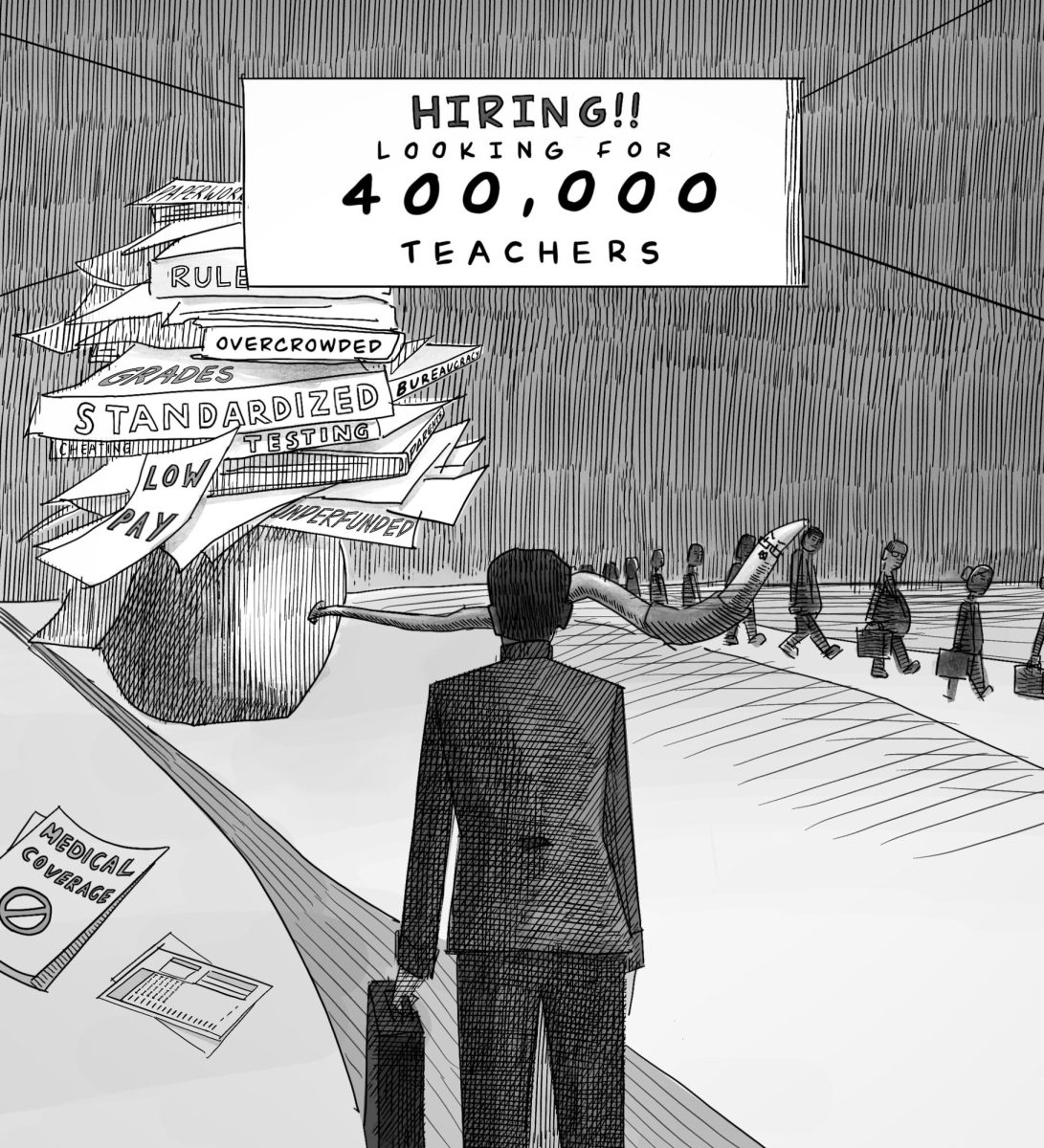Why the government must regulate drug prices
By Michelle Huang | Staff Writer
A millionaire at the age of 32, Martin Shkreli is the literal embodiment of the American Dream. After acquiring the rights to produce Daraprim, a cheap drug used to treat AIDS patients, Shkreli hiked the price of a single tablet from $13.50 to $750–a 5000% increase. He may now be living the high life, but his seven figure income comes at the expense of patients, who are forced to pay hundreds of thousands of dollars a year, or risk death.
Although the pharmaceutical industry has attempted to pass off Shkreli as a singular case, exorbitant pricing is a deeply entrenched, industry-wide problem. The Harvard Business Review recently reported that American consumers pay nearly 200% more for drugs than their counterparts in other developed nations.Although ballooning prices translate to steadily increasing profits for corporations, they illustrate the fundamental failure of a system meant to ensure the health and well-being of its consumers. The industry has neglected its responsibility to consumers in favor of chasing increasing revenue streams. In the face of this market breakdown, it’s time for the government to modify its policies.
Two major factors are responsible for pharmaceutical price gouging in the United States: the lack of price regulation and the structure of Medicare.
First, under the existing regulatory system, pharmaceutical companies’ ability to raise prices beyond existing demand is left virtually unchecked. In an article published in early Oct. 2015, the Wall Street Journal reported that one such company, Biogen Inc., had raised the price of a multiple sclerosis treatment “an average of 16% a year throughout the decade.” Biogen’s actions are a common market practice. In the face of flagging demand, companies have repeatedly hiked drug prices to continue generating profit. Drug companies simply cannot be trusted to prioritize consumers. When choosing between profits and saving lives, they are clearly inclined to choose the former every time.
An analysis of drug costs in other developed nations reveals that nearly every country that manages to rein in prices does so through government regulation. A study by the Norwegian Pharmacy Association finds that Norway, Sweden, and Belgium all engage in reference pricing. Under reference pricing, drugs that have similar health effects are classified into different groups, each of which is benchmarked to a reference price. The reference price then determines the maximum cost that health insurance will cover. Therefore, a generic drug that is nearly as effective as a brand-name drug, but is significantly cheaper, would be preferred by consumers.
Through reference pricing, governments increase consumers’ sensitivity to hikes in pharmaceutical prices, causing demand to decrease accordingly as prices rise. Faced with dwindling sales as consumers purchase generic drugs, brand-name drugs such as Daraprim would be forced to lower costs. Reference pricing can be further extended to international prices, coalescing pharmaceutical prices around the world to determine an international reference price to cap prices at. Congress needs to overcome its reluctance to increase government oversight. Reference pricing has proven its efficacy and viability; Congress simply needs the political will to implement it.
Second, the U.S. prohibits Medicare from directly negotiating with drug companies to lower prices. As a result, individual insurance companies must negotiate prices on their own; they have far less clout than Medicare would as a whole. If the Medicare were granted greater autonomy so that insurance companies could negotiate under a single umbrella, pharmaceutical companies would be pressured to grant significantly steeper discounts on drug prices.
A 2014 Congressional Budget Office report estimates that giving Medicare the same discounts offered to Medicaid, which is allowed to negotiate with companies, would save a $116 billion over the next decade. This sharp discount would translate massive savings for both individuals and the government.
The government owes a duty to it citizens first and foremost. At the point where the drug industry is complicit in forcing consumers to pay hundreds of thousands of dollars every year for generic life-saving drugs, heightened government regulation is not so much a question as it is a necessity.










